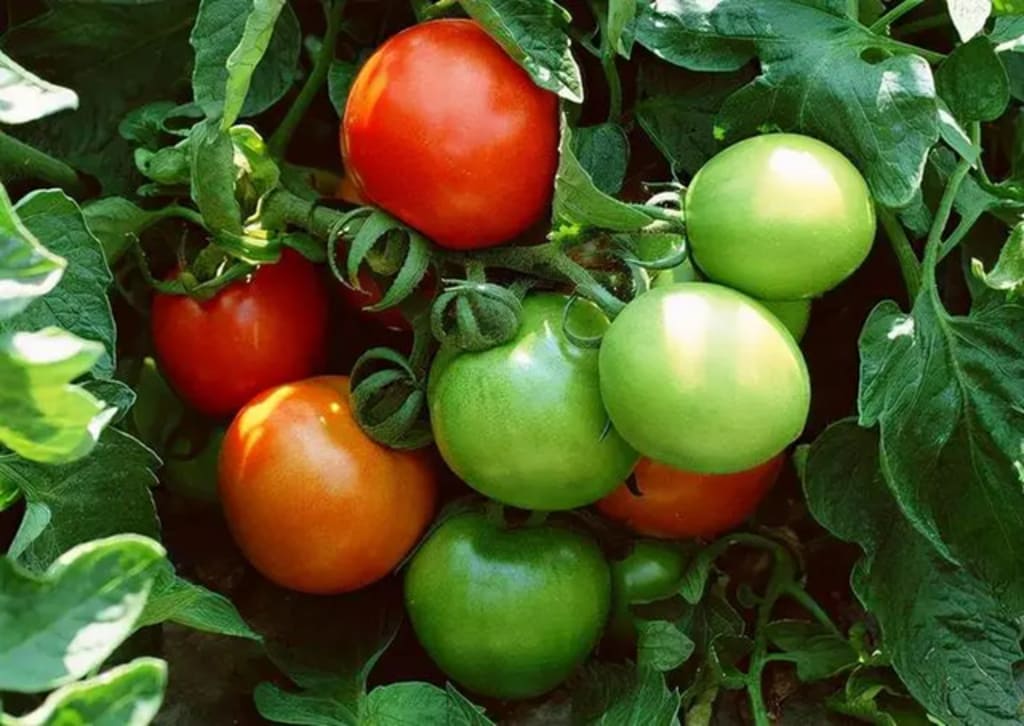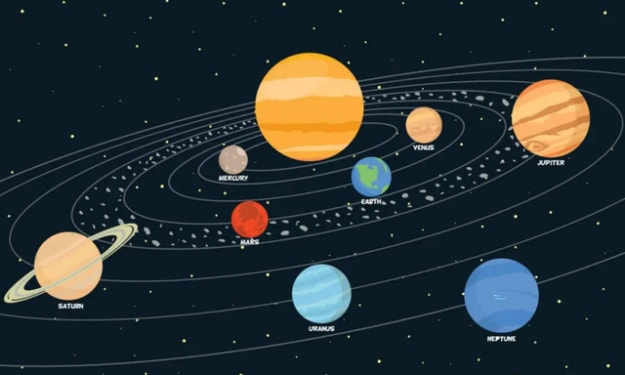The nature of tomatoes has changed
Why tomatoes are getting harder to eat

Tomatoes are very common in life, whether fried or raw very suitable, and because of their whitening and antioxidant effect, but in recent years, more and more people can not help but feel that tomatoes have not been delicious in the past, why is this?
The origin of tomatoes
Although the production of tomatoes in China ranks first in the world and is still a regular guest on people's dinner tables around the world, many people take it for granted that the tomato is a vegetable from China, but its origin is in Central America.
In the early days, the tomato was not called food and was not originally called a tomato, but rather a "wolf peach", and was treated as an ornamental plant because it was considered poisonous and inedible at that time.
The tomato began to grow in the jungle, is a wild berry, that will emit a relatively strong flavor, but because of its bright colors, for a long time was treated as a colorful spider or poisonous creature, but because of its appearance is beautiful, so some local people will be collected and domesticated, since then it has become an ornamental plant.
In the sixteenth century, a young official from Russia, after seeing the tomato, could not help but be attracted by its beauty, so he took it back to his country as a treasure, and then passed it on to his beloved Elizabeth as a "token of love".
This romantic story soon spread, and the tomato became a symbol of love for everyone, and more and more people began to follow the example of the young official in Orodara, who used it to express his feelings to his beloved.
It was not until the seventeenth century that an artist who loved the tomato, after many depictions, could not resist the temptation of the tomato, so he "risked his life" to eat it, and then lay down to prepare for death.
But after a long wait, he found that he was still safe and sound, and since then the news of the non-toxic nature of tomatoes spread rapidly, and people finally learned that tomatoes are not poisonous.
The Development of Tomatoes
Since learning that tomatoes are non-toxic, people have grown to appreciate them and they have gradually become part of the dinner table, especially with the introduction of tomato dishes such as pasta, pizza, and confit soups by Italian chefs, which have led to a growing love for tomatoes.
Subsequently, tomatoes were grown in more and more places and consumed in more and more diverse ways, and even in the twenty-first century, tomatoes still occupy an important place in the world's culinary spectrum.
However, tomatoes were not introduced to China for long, a century later than in the West, first introduced by a missionary from the West, and widely planted until after the founding of New China.
It was only in the mid-twentieth century after more good varieties were added one after another, that they began to be planted as crops in northeast and north China, and became one of the most important cash crops, both in terms of production and benefits.
It can be said that the development of tomatoes in China has been very rapid, and within a few decades, China has the majority of tomato varieties and large-scale planting bases, able to provide people across the country with sufficient fruit, and production has also leaped to become the world's first.
However, as time progresses, the taste of tomatoes seems to have changed a lot, becoming increasingly difficult to eat, is it because the production is too high and neglected?
Why have tomatoes become unpalatable?
The original tomatoes are not only sweet and sour, and full of juice, but now the tomatoes are hard and astringent, so the change makes many people very confused, some experts pointed out that the tomatoes are not as good as before, mainly due to the gradual disappearance of some of its genetic loci, but also the result of selective breeding, rather than due to yield reasons.
After tasting hundreds of tomatoes, scientists identified 33 substances that can affect their taste and found that a large part of today's tomatoes have lost some of the original genes that control the flavor, so the taste is different than before, which means that the nature of the tomato has changed.
In addition, commercialization has largely influenced the direction of selective breeding, as tomatoes are a commodity that needs to be supplied to the market on a large and consistent scale, but as fresh food, this is not easy to achieve.
Because of the centralized supply of vegetables and fruits, it is often necessary to transport them from one place to another, and the process in between is difficult to ensure their quality, with a high possibility of deterioration due to shaking of trucks or decay, which is almost inseparable from the development of modern agriculture.
Most of the common vegetables in life are also transported from far away, and if they deteriorate easily, the supply is bound to be difficult to ensure, and the price will also increase accordingly.
The solution to this problem is mainly refrigeration technology, but the cost of adding refrigeration technology is very high, so we can only start at the source, and find ways to make the product easy to store for a long time, to ensure both efficiency and product quality.
As a result, some tomatoes did not taste good but could withstand long periods of transport. They not only had thick skin and hard flesh but also had very little juice, making them hard-fruited tomatoes with much less moisture and sugar.
In addition, to better meet market needs, most tomatoes are picked before they are truly ripe, and although they do ripen during transport, the lack of nourishment from the land greatly diminishes their taste and flavor.
Understandably, today's tomatoes are becoming increasingly difficult to eat, and although this is a commercial necessity, it ensures that more people will be able to eat fresher products.
Scientists are also trying to find a way to meet both commercial needs and the need for taste, to ensure that the taste of tomatoes does not affect their yield and storage time, and I believe that day will come.
About the Creator
Karen Gillanah
The aggravation that can be told is not aggravation; the lover that can be snatched away is not a lover.






Comments
There are no comments for this story
Be the first to respond and start the conversation.